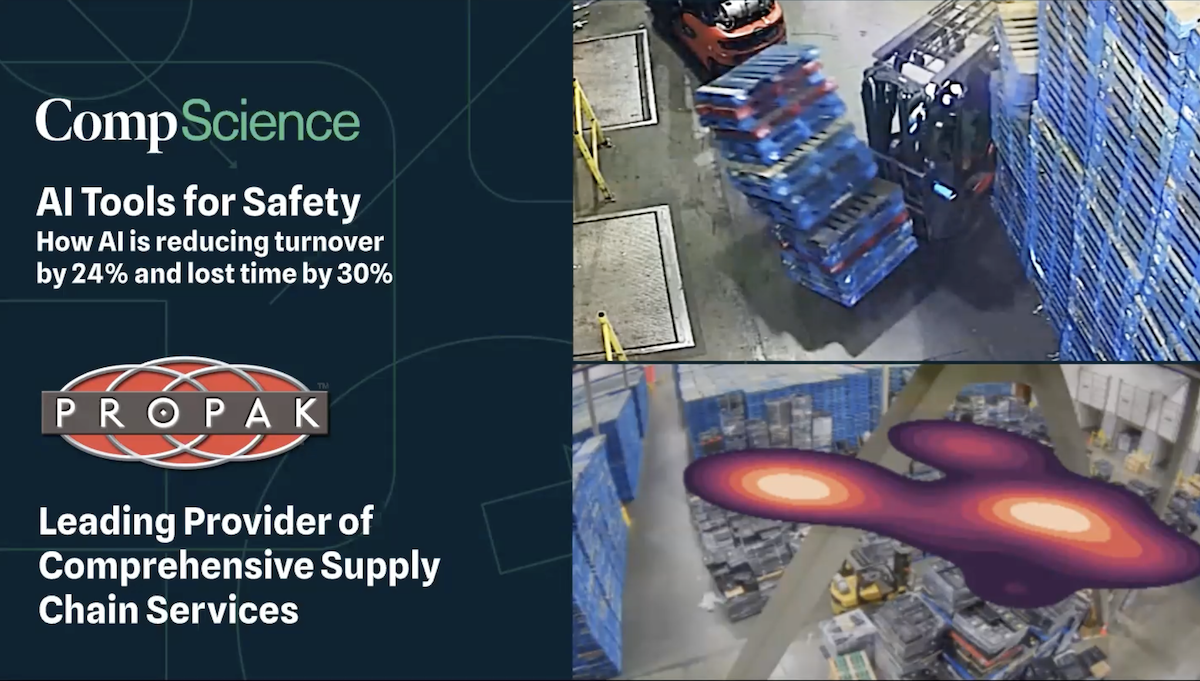A Definition of Workers’ Compensation Insurance.
Workers’ compensation insurance is a type of insurance that provides benefits to employees who are injured or become ill as a result of their work. The purpose of workers’ compensation insurance is to ensure that employees have access to medical care and financial support in the event of a workplace injury or illness, and to provide a structured system for managing claims and providing benefits.
Workers’ compensation insurance is a legal requirement in most jurisdictions, and employers are generally required to purchase workers’ compensation insurance coverage for their employees. The cost of the insurance premium is based on a number of factors, including the size of the company, the industry in which it operates, and its claims history.
In the event of a workplace injury or illness, an employee may be eligible to receive benefits under workers’ compensation insurance. These benefits may include payment for medical expenses, including doctor visits, hospital stays, and medications, as well as wage replacement benefits if the employee is unable to work due to their injury or illness.
To receive workers’ compensation benefits, an employee generally must report the injury or illness to their employer within a certain timeframe and follow the procedures for filing a claim. The employer is then responsible for filing the claim with their workers’ compensation insurance provider and ensuring that the employee receives the benefits to which they are entitled.
Workers’ compensation insurance is an important tool for managing the financial risks associated with workplace injuries and illnesses, and it can help to promote a culture of safety in the workplace. However, it is important to remember that workers’ compensation insurance is not a substitute for effective safety management, and preventing workplace injuries and illnesses should always be a priority.
Workers Compensation Insurance for CFOs
From the point of view of a CFO, workers’ compensation insurance is an essential component of managing the financial risks associated with workplace injuries and illnesses. As a CFO, you are responsible for managing the financial resources of the company and ensuring that the company is able to meet its financial obligations.
Workers’ compensation insurance is an important tool for managing the financial risks associated with workplace injuries and illnesses. By providing a structured system for managing claims and providing benefits to injured employees, workers’ compensation insurance can help to mitigate the financial impact on the company.
From a financial standpoint, workers’ compensation insurance is similar to other types of insurance. The company pays a premium to the insurance provider, and in exchange, the insurance provider agrees to provide benefits to injured employees. The cost of the premium is based on a number of factors, including the size of the company, the industry in which it operates, and its claims history.
As a CFO, it is important to ensure that the company is managing its workers’ compensation insurance program effectively. This may involve working closely with the insurance provider to identify areas where the company can reduce its risk of workplace injuries and illnesses, as well as monitoring claims activity to ensure that claims are being managed effectively.
In addition to managing the financial risks associated with workplace injuries and illnesses, workers’ compensation insurance can also help to promote a culture of safety in the workplace. By providing financial support for injured employees, workers’ compensation insurance can help to demonstrate the company’s commitment to the well-being of its employees and encourage employees to take an active role in maintaining a safe work environment.
However, it is important to note that workers’ compensation insurance is not a substitute for effective safety management. As a CFO, you should work closely with the company’s safety manager to ensure that the company is taking all necessary steps to prevent workplace injuries and illnesses from occurring in the first place.
In summary, workers’ compensation insurance is an important component of managing the financial risks associated with workplace injuries and illnesses from the perspective of a CFO. It provides important protections for both employees and employers and can help to mitigate the financial impact on the company. However, it is important to remember that workers’ compensation insurance is not a substitute for effective safety management and that preventing workplace injuries and illnesses should always be a priority.
Workers Compensation Insurance for Safety Managers
From the point of view of a safety manager, workers’ compensation insurance plays a critical role in managing workplace safety and protecting the interests of both the employer and the employee.
As a safety manager, it is your responsibility to ensure that the workplace is safe and free from hazards that could cause injury or illness to employees. You are also responsible for developing and implementing safety policies and procedures, conducting safety training, and maintaining safety records.
Workers’ compensation insurance is an important tool for managing workplace safety because it provides an additional layer of protection for employees who are injured or become ill on the job. By ensuring that employees have access to medical care and financial support in the event of an injury or illness, workers’ compensation insurance can help to promote a culture of safety in the workplace.
From a practical standpoint, workers’ compensation insurance can also help safety managers to identify areas of the workplace that may be hazardous or require additional safety measures. For example, if a particular type of injury is occurring frequently, safety managers can investigate the root causes and take steps to prevent future occurrences.
In addition to providing financial support for injured employees, workers’ compensation insurance can also help to mitigate the financial impact on the employer. Workplace injuries can be costly, both in terms of medical expenses and lost productivity. Workers’ compensation insurance can help to minimize these costs by providing a predictable, structured system for managing claims and providing benefits to injured employees.
However, it is important to note that workers’ compensation insurance is not a substitute for effective safety management. While workers’ compensation insurance can help to manage the financial risks associated with workplace injuries, it is still important to focus on preventing injuries and illnesses from occurring in the first place.
As a safety manager, your goal should be to create a workplace culture that prioritizes safety and encourages employees to take an active role in maintaining a safe work environment. This may involve conducting regular safety training, implementing safety policies and procedures, and encouraging open communication between employees and management.
In summary, workers’ compensation insurance is a critical component of workplace safety management from the perspective of a safety manager. It provides important protections for both employees and employers and can help to promote a culture of safety in the workplace. However, it is important to remember that workers’ compensation insurance is not a substitute for effective safety management and that preventing workplace injuries and illnesses should always be the primary focus.
Learn more about Workers’ Compensation Insurance Software from CompScience.









